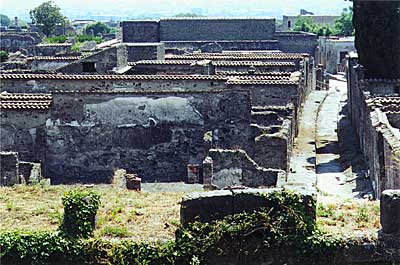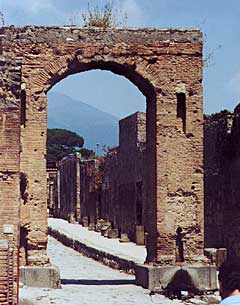
|


|
|
|
Mr. Sedivy's
More Features:
|
Highlands Ranch High School - Mr. Sedivy World
History
The Pax Romana During the Pax Romana period there were 200 years of peace within Rome. Results of the Pax Romana:
Greek Culture Brought from Rome Greeks came after the conquests. They were brought as slaves to live with the Romans and teach them laws and legal traditions of Greece. Romans added organization, engineering, and a talent for government and law. Poets Realism
Architecture Science Ptolemy: mathematics, geography, and astronomy. They understood that there was a system of planets. In their system, the earth was at the center. This theory was believed until the 16th century. Galen: medicine. Basis for Western medical knowledge until modern times. Stoicism Law I - The Etruscans / Romulus and Remus V - Roman Life and the Spread of Christianity VI - The Pax Romana and Roman Culture VII - Decline of the Roman Empire Class Activity Malaria May Have Hastened the Fall of Rome Virtual Tour of Ancient Rome - Past & Present Historical Periods of | Prehistory
| Mesopotamia & Phoenicians |
|
Highlands Ranch High School ![]() 9375 South Cresthill Lane
9375 South Cresthill Lane ![]() Highlands Ranch, Colorado 80126
Highlands Ranch, Colorado 80126 ![]() 303-471-7000
303-471-7000
Mr. Sedivy's History Classes
| Colorado History | American
Government | Modern European History | Advanced
Placement European History | Rise of England
| World History |
| Home | Back to the Top | Site
Contents |



